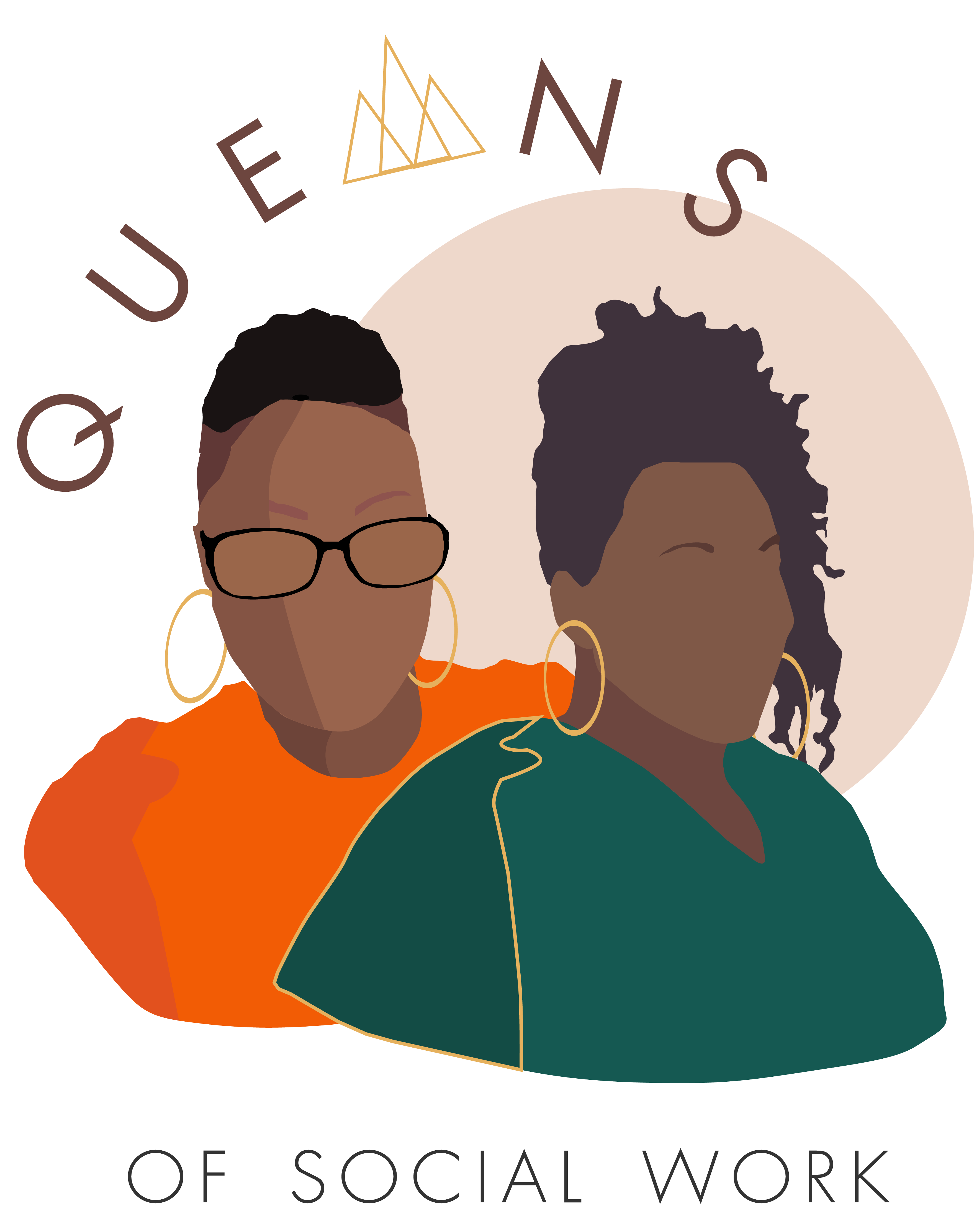Child welfare is one of the most challenging fields in social work. Social workers face the immense responsibility of protecting children while supporting families through complex issues, including generational cycles of trauma, neglect and abuse. For social workers of color, this work often involves navigating cultural nuances and systemic challenges that disproportionately affect communities of color.
Understanding Generational Cycles of Trauma
Generational cycles of trauma refer to patterns of abuse, neglect or dysfunction passed down through families. These cycles often stem from a lack of resources, systemic oppression or unresolved personal trauma. Families in crisis may exhibit behaviors learned from their own upbringing, making it difficult to break free without external intervention.
Social workers play a critical role in helping families recognize these cycles. Through education, therapeutic techniques and practical support, social workers empower families to create healthier dynamics for themselves and their children. This often requires building trust, which can be challenging when working within cultures that may view social services with skepticism.
Cultural Sensitivity in Child Welfare
For communities of color, cultural norms and values significantly influence family dynamics and approaches to parenting. Practices such as physical discipline may be considered normal in some cultures but are viewed as abusive within the framework of Western child welfare standards. Social workers of color, particularly those from similar backgrounds, bring an invaluable understanding of these cultural nuances.
Culturally sensitive social workers balance honoring cultural traditions while educating families about alternatives that prioritize children’s safety and emotional well-being. By bridging this gap, they foster trust and collaboration rather than resistance and fear.
Supporting Families Through Trauma
Many families involved in child welfare services experience shame, guilt and fear of losing their children. Social workers provide nonjudgmental support and resources to help parents address the root causes of their struggles. For example, addressing mental health issues like depression or anxiety—common in communities of color but often stigmatized—requires both cultural competence and a deep understanding of systemic barriers.
Social workers may also face their own biases. For example, young social workers close in age to their clients might initially find it difficult to empathize with parents who have failed to meet their children’s needs. However, with guidance and reflection, these professionals learn to see the larger picture: many parents in crisis were themselves victims of trauma.
Building Resilience in Children
Despite experiencing neglect or abuse, many children long for connection with their biological families. Social workers often witness this resilience firsthand. By providing therapeutic support, advocating for children’s needs and fostering safe environments, social workers give children a chance to heal and thrive.
Building resilience in children also involves strengthening their support systems. Whether through individual therapy, group work or engaging extended family members, social workers help children process their experiences and rebuild a sense of security.
Strengthening Families Through Social Work Expertise
Child welfare is a demanding but profoundly rewarding field within social work. Social workers of color bring a unique perspective and skill set to supporting families in crisis, helping them navigate systemic barriers, cultural stigmas and cycles of trauma. By fostering trust, providing education and advocating for systemic change, these professionals play a vital role in creating stronger families and communities.
Explore More with the Queens of Social Work
The work of breaking cycles and creating stronger family connections ties into larger societal issues, including how digital spaces affect our relationships and well-being. Check out our podcast episode, “The Lonely Age of Social Media”, where we explore the ways social media impacts mental health, social connections and relationships within communities of color. Listen here or below.
